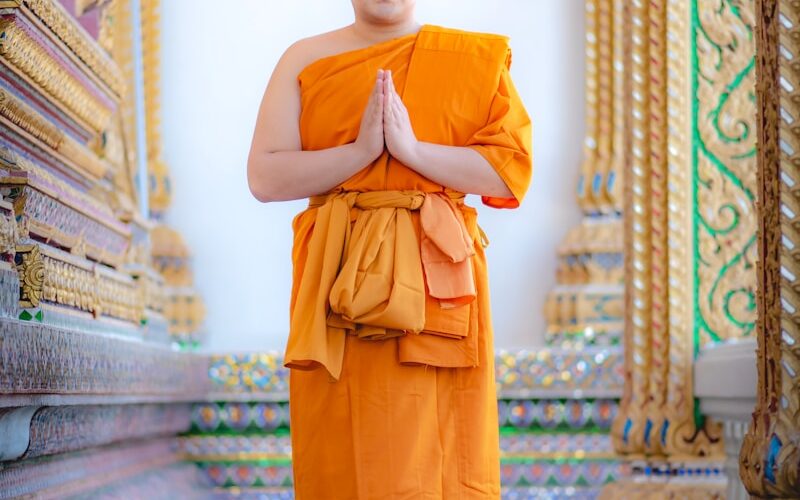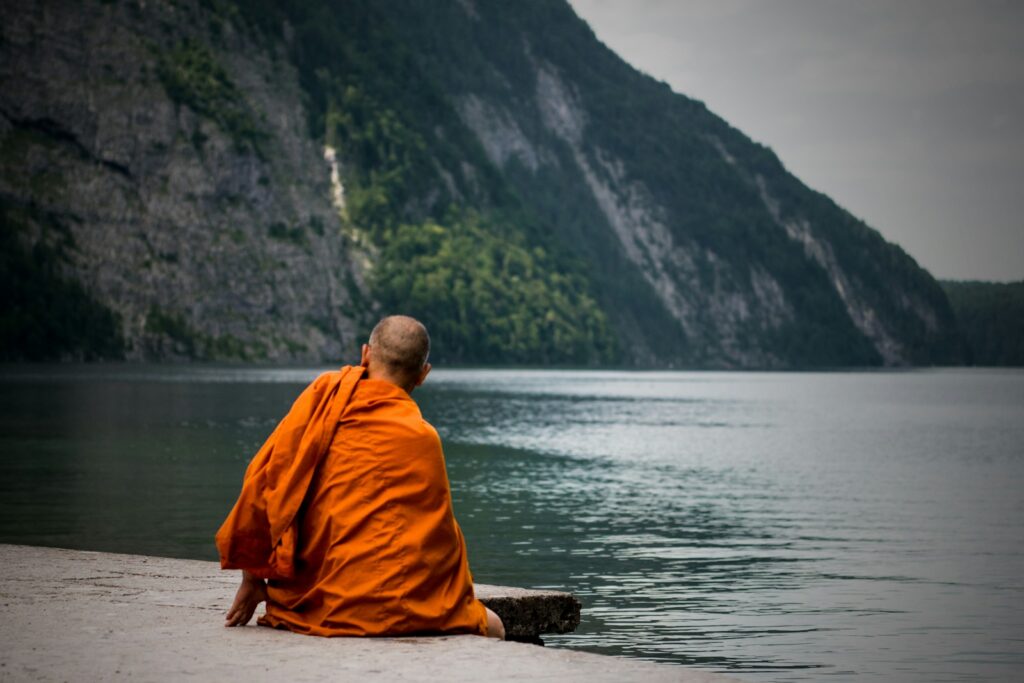Becoming a Buddhist monk or nun is a life-long commitment that should not be taken lightly, yet can be enormously fulfilling and transformative if this is what you seek. Benefits may include peace of mind, increased understanding of Dharma principles and greater empathy towards others. There are various pathways available to those looking to join monastic ranks.
As your first step toward monastic hood, will be becoming acquainted with Buddhism and its teachings.
- Read as much as you can and find a teacher with whom to discuss your questions. Once familiar, begin researching monastic communities that resonate with your philosophy;
- schedule an appointment with their abbot or leader to discuss becoming monk; this gives them an opportunity to see if you would fit well as an incumbent while learning more about them, their philosophies, and daily activities.
Once you feel connected with a community, the abbot may invite you to observe his monastery for several weeks or months as an assessment to see if you could live within its rules and follow them – similar to shadowing a school to see if you would enjoy being there.
The period of observation
During your period of observation, you will receive an aspirant’s robe and share a room with other aspirants. Furthermore, personal belongings should be surrendered along with any financial ties (some monasteries freeze bank accounts of their members). Training in mindfulness, concentration and insight will occur here while you also learn about Four Noble Truths, Eightfold Path and Lamrim which represent stages along the path toward enlightenment.

If monastic life is your vocation, the abbot will grant you novice vows and invite you into the sangha. Once there, you can practice meditation and chant with others while deepening your understanding of Dharma through interactions with members of your sangha and others outside. Even as a novice you can already start building community through helping bring happiness and peace.
Shaving your hair and taking off jewelry are necessary parts of the ceremony as they symbolize giving up one’s sense of identity and personal possessions. Steps can be difficult when it comes to letting go of attachment and the ego; but without these skills you won’t find happiness as a Buddhist monk.
Therefore it is imperative that you understand this and conduct research before making such a substantial commitment. Before taking lifelong vows, it’s wiser to join a monastery which allows for shorter terms of ordination to test out if monasticism is really for you. Many Asian monasteries offer part-time ordination programs so men can experience monastic life for days, weeks or even years at a time before making their decision final.



